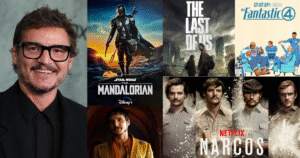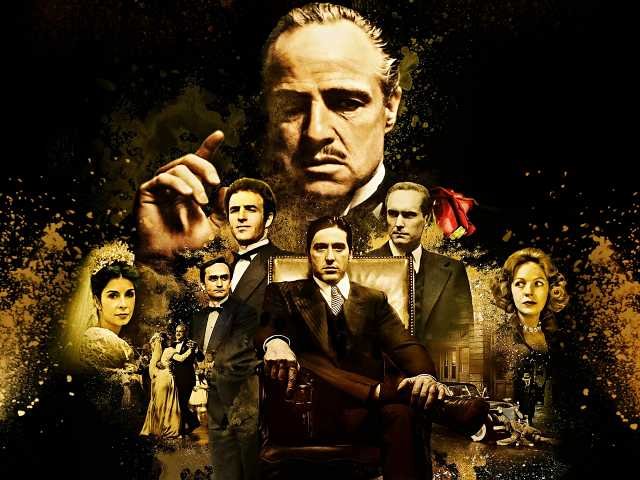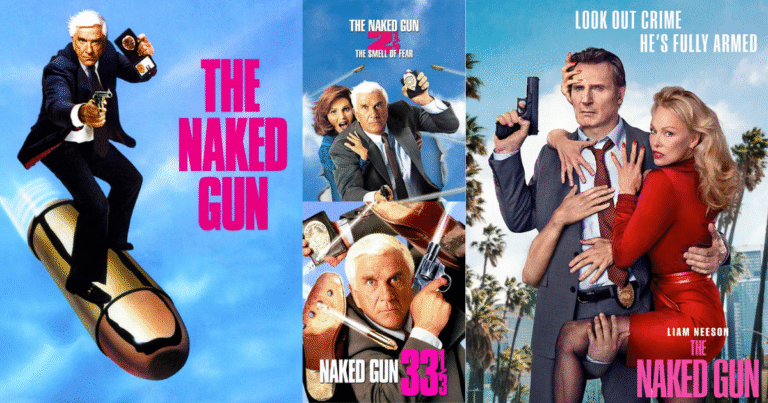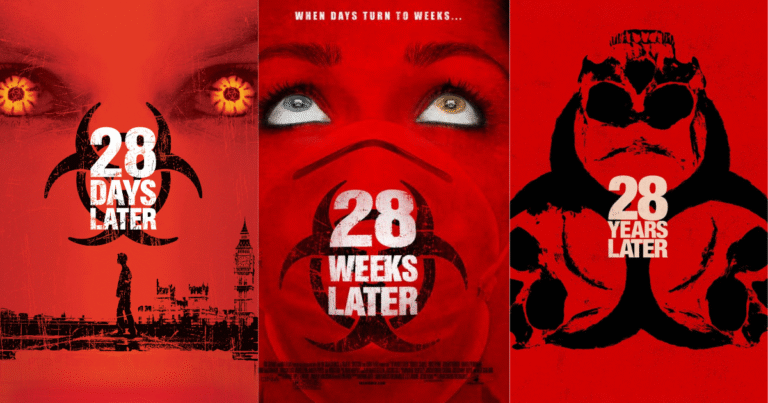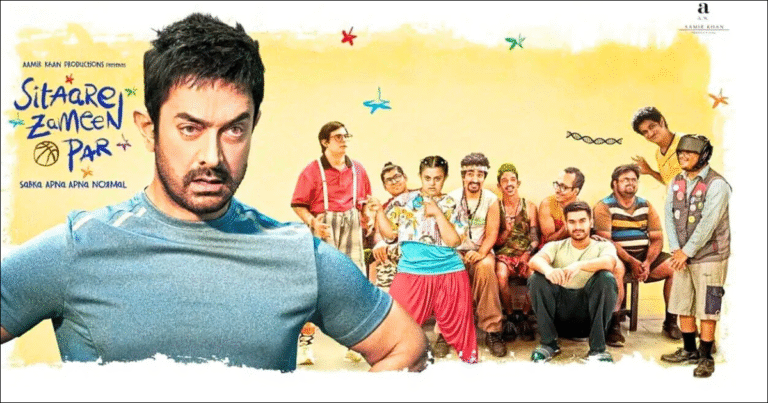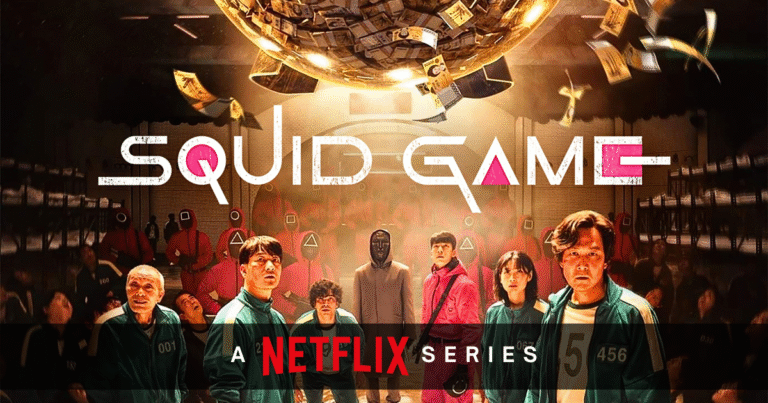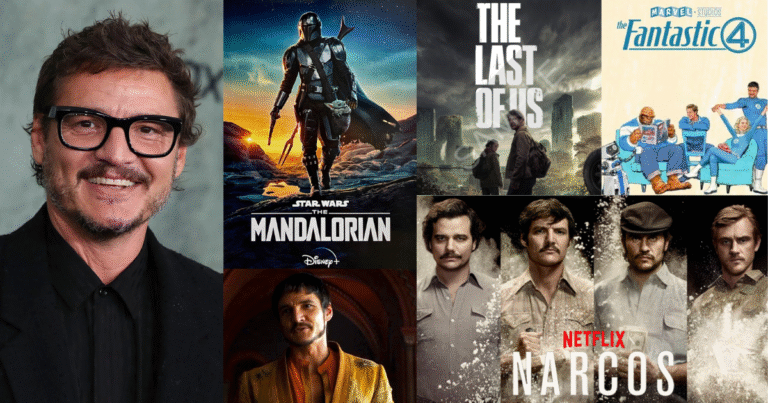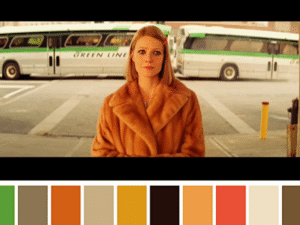Books and movies have always had a special relationship. Many of the greatest films we know today were first written as novels, short stories, or plays. From The Godfather to Harry Potter, literature has given filmmakers powerful stories, deep characters, and rich worlds to explore on screen. Even in today’s fast-paced entertainment world, the connection between literature and movies continues to grow and evolve. In this article, we’ll explore how literature influences cinema, why filmmakers turn to books for inspiration, and what this means for audiences.
Books as the Foundation for Great Films
The written word has long been a strong starting point for film. A book allows writers to dive deep into the inner world of characters, describe detailed settings, and explore complex emotions. When a filmmaker adapts a book, they already have a strong foundation. They’re working with a story that has already touched readers’ hearts.
Some of the most loved movies are based on books. Think of The Lord of the Rings, To Kill a Mockingbird, or Pride and Prejudice. These films often become timeless because they are based on stories that already stood the test of time in literature. A good book gives the director, actors, and crew something solid to work with, and the result is often a film with emotional depth and strong storytelling.
Why Filmmakers Turn to Literature
One reason filmmakers love adapting books is that books come with a built-in audience. If a novel is a bestseller, chances are people will be curious to see the movie version. It helps studios reduce risk. Movies based on popular books tend to do well at the box office, especially if fans are excited to see how the story is brought to life.
Another reason is that literature offers a wide range of themes and styles. Books explore everything from love, war, identity, and fear to fantasy, time travel, and mystery. This gives filmmakers lots of material to choose from. Sometimes they stick closely to the original story, and other times they take creative freedom to make the film more suitable for visual storytelling.
The Challenge of Adapting Books into Films
Turning a book into a movie is not always easy. Books can be hundreds of pages long, while films usually run for about two hours. This means many parts of the story must be cut or changed. Not every detail can fit into the film. This can upset fans who feel strongly about certain scenes or characters.
Also, books let readers imagine things in their own way. When people read a novel, they picture the characters and settings in their minds. A film puts those images on screen, and it may not match what the audience imagined. This can lead to disappointment if the film feels different from what readers expected.
Still, when done well, adaptations can breathe new life into a story. They can introduce the book to new audiences who may not have read it before. A strong movie version often encourages people to go back and read the original book.
Examples of Successful Book-to-Film Adaptations
There are many great examples of literature adapted into film that have become classics in their own right. The Shawshank Redemption is based on a short story by Stephen King. It didn’t do well in theaters at first but later became one of the most loved movies of all time. Forrest Gump, based on a novel by Winston Groom, became a worldwide success thanks to its touching story and strong performances.
Even children’s books have been turned into powerful films. Matilda, The Chronicles of Narnia, and The BFG all brought beloved characters from the page to the screen. These films helped pass these stories down to new generations, making sure they live on for years to come.
The Role of Screenwriters in Adaptations
When adapting literature into film, the screenwriter plays a very important role. They decide what to keep, what to leave out, and how to turn the book’s language into visual scenes and dialogue. They must stay true to the heart of the story while also making it work for the screen.
A good screenwriter knows how to keep the emotional tone of the book. Even if some events are changed or skipped, the spirit of the story must remain. When this is done right, the film feels like a faithful and respectful tribute to the book, rather than just a loose version of it.
New Ways of Adapting Literature Today
In today’s world, books are not just turned into films—they’re also adapted into TV shows, streaming series, and even animated features. This allows for more time to tell the full story. Long-form storytelling on platforms like Netflix or Amazon Prime means there’s more room for character development and deeper plots.
Recent examples like The Queen’s Gambit (based on a novel by Walter Tevis) and Big Little Lies (based on a book by Liane Moriarty) show how well books can translate into binge-worthy series. These shows received strong praise and introduced millions to the books they were based on.
Literature Still Matters in a Visual Age
In a time when everything seems to move fast and people often prefer short videos or social media content, books continue to be a rich source of creative inspiration. Filmmakers still turn to literature because stories built on emotion, meaning, and deep characters are timeless. Literature offers something more than just action or spectacle. It brings heart and soul to the screen.
At the same time, movies help books stay alive. A powerful film can revive interest in a classic novel or shine a light on a lesser-known story. Book sales often rise after a movie is released. This back-and-forth relationship keeps both industries connected and growing.
Conclusion: A Relationship That Keeps Giving
The link between literature and movies is strong and continues to grow. While each form has its strengths, together they offer something truly special. Literature gives us ideas, feelings, and worlds that inspire, while movies bring those ideas to life in a way that reaches a wide audience. Whether it’s an epic fantasy, a quiet drama, or a story for children, the journey from page to screen will always be one worth taking. As long as we love stories, the bond between books and films will stay strong.


